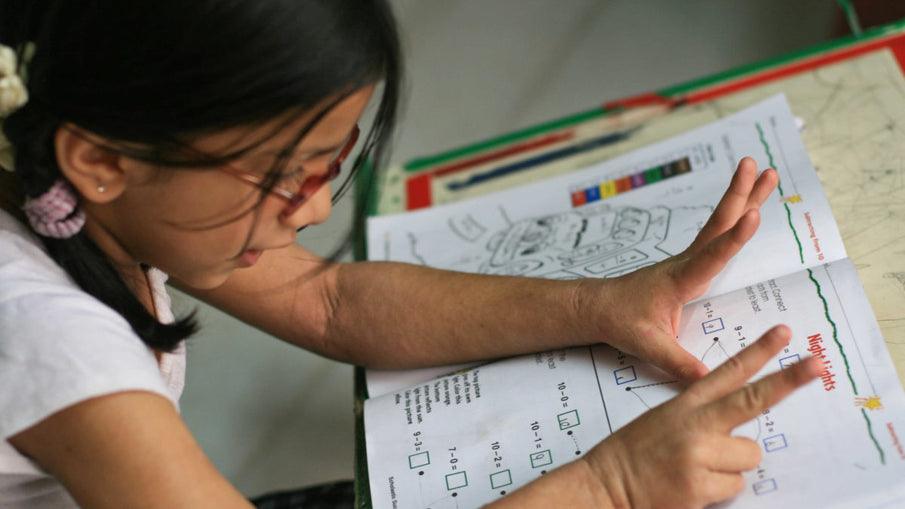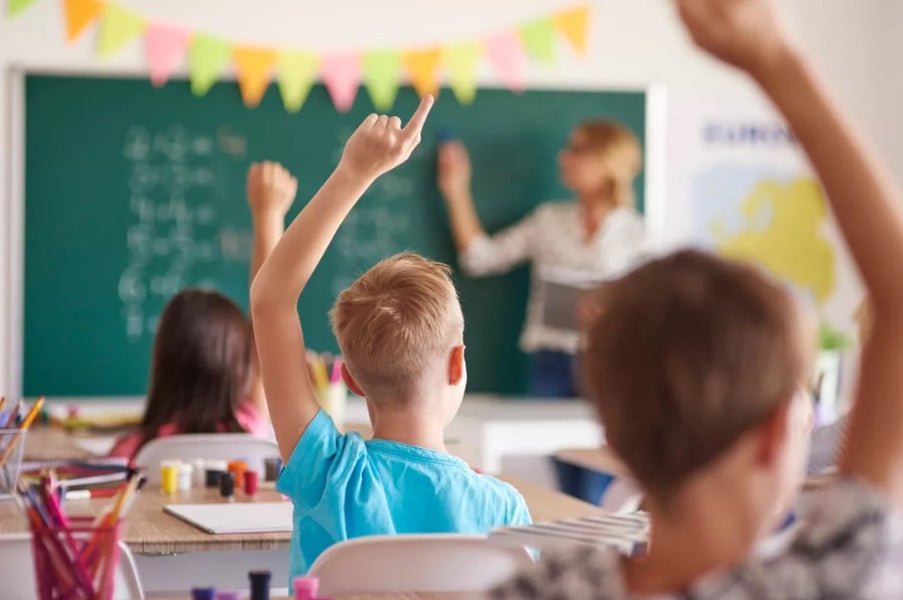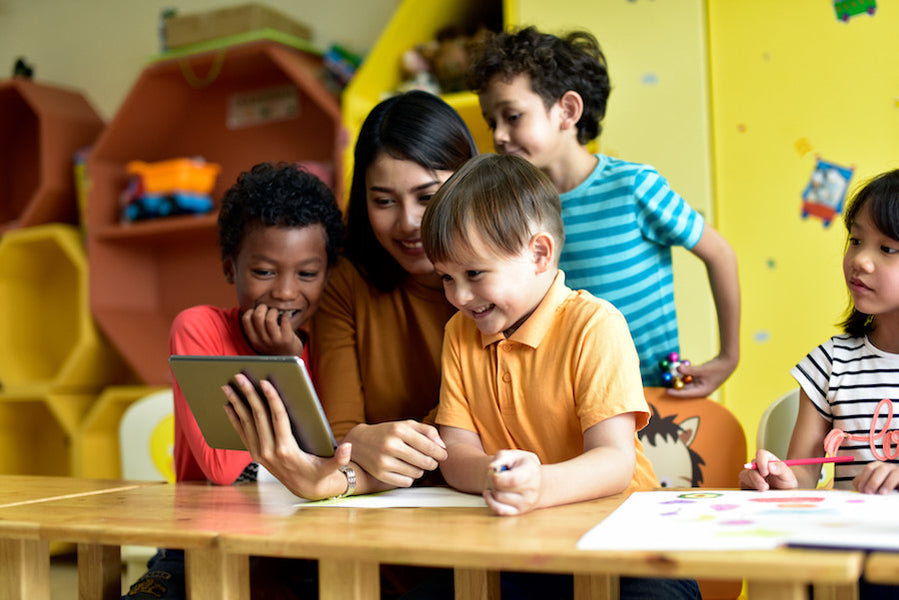Research -- StepUp to Learn
Visual-Spatial Learning Disorder Is More Common Than Thought
Nonverbal learning disability (NVLD), a poorly understood and often-overlooked disorder that causes problems with visual-spatial processing, may affect nearly 3 million children in the United States, making it one of the most common learning disorders.
What Jigsaw Puzzles Tell Us About Child Development
New research shows that children only learn to do jigsaw puzzles once they have reached a certain stage of development. Three-year-olds use trial and error, but four-year-olds are able to use information in the picture to complete the puzzles. The research team say this understanding is the foundation of learning to draw and paint.
Why Some Words May Be More Memorable Than Others
Results suggest our brains use internet search engine strategies to remember words and memories of past experiences.
Testing During Studying Improves Memory and Inference
Learning something new? Take a test! Research shows that taking a test is more effective than other ways of studying when learning and making inferences.
A New Method for Boosting the Learning of Mathematics
Researchers oversaw a new system of maths learning whose purpose is to promote the use of arithmetic formulas at an early age. After a year, they observed a leap in students’ performance.
Aerobic exercise improves cognition, even in young adults
Aerobic exercise training increases cognitive processes important for reasoning, planning, and problem-solving.
Preschoolers Who Watch TV Sleep Less
Preschoolers who watch TV sleep significantly less than those who don’t, according to new research by University of Massachusetts Amherst neuroscientists.
Separate brain systems cooperate during learning, study finds
Reinforcement learning and working memory, previously interpreted as working independently or as competing with each other in the learning process, may actually work together as people learn new tasks.
Intellectual Curiosity and Confidence Help Children Take on Math and Reading
Characteristics related to openness, such as intellectual curiosity and confidence, made children more adept to take on math and reading than characteristics describing conscientiousness, such as diligence and perseverance.
The powerful impact of real-world learning experiences for kids
Researchers found that 4- to 9-year-old kids knew more about how animals are classified after a four-day camp at a zoo. It wasn’t that children who attended just knew more facts about animals, the researchers noted. The camp actually improved how they organized what they knew – a key component of learning.
Attention Deficit Disorders Could Stem from Impaired Brain Coordination
Researchers have discovered how two brain regions work together to maintain attention, and how discordance between the regions could lead to attention deficit disorders, including schizophrenia, bipolar disorder, and major depression.
Kindergarten difficulties may predict academic achievement across primary grades
New research suggests deficits in executive functions in kindergarten increase the risk for experiencing repeated academic difficulties in mathematics, reading and science from first to third grade.












